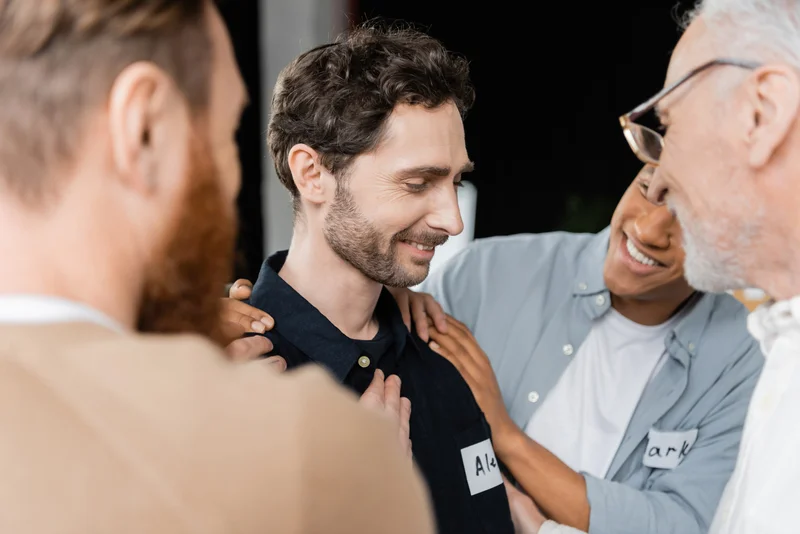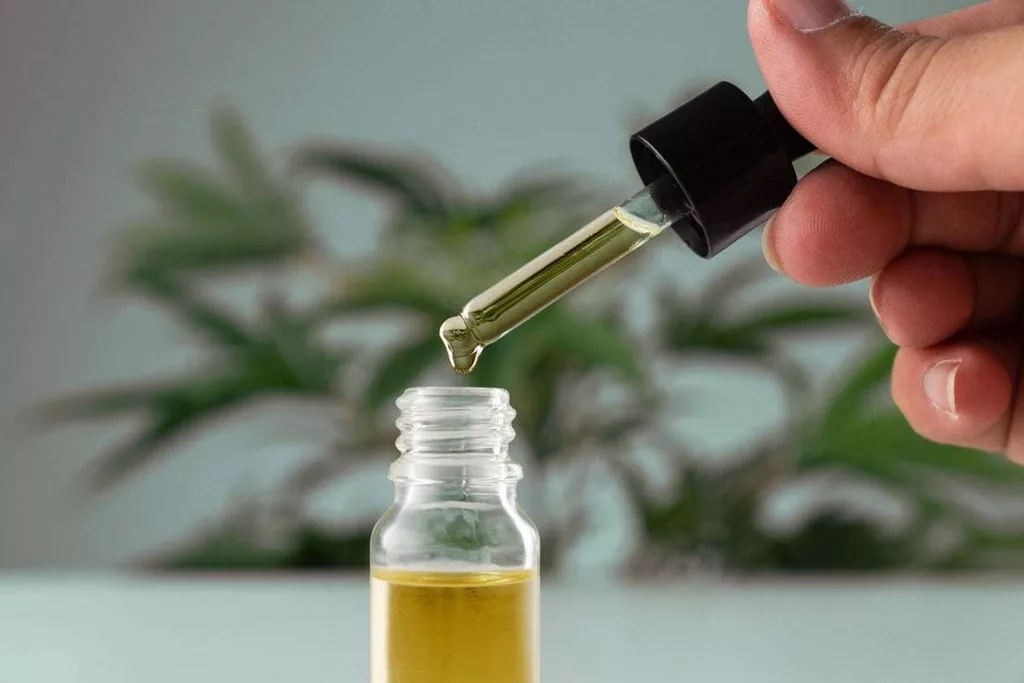
It can be helpful to plan before going into a conversation about going to rehab. Think of the things you want to share and when and where you are going to do it; that way, you are prepared for any questions or reactions that arise. Young adults ages 18 to 25 are especially vulnerable to developing an addiction. Addiction is a chronic brain disease, not a moral failing. Your resilience and happiness are important and our team and resources can help you achieve this. You can join the waitlist for either or both of these programs.

Don’t Enable Their Behavior
All these factors can put a strain on your mental health as well as your connection with them. A few ways to learn how to help a loved one with drug addiction includes setting firm boundaries and sticking to them. You have to outline what will happen if the person comes home intoxicated, as an example. You have to also avoid living in the fantasy world that the addict tries to create. It’s important that you don’t gloss over the problem or Alcoholics Anonymous minimize it. You also have to make sure that you remove your own sense of fear about creating consequences for the addict.
What Are Some Negative Consequences Of Addiction?
- Witnessing your loved one using substances can be very upsetting and stressful.
- You don’t have to do anything else right now, but there may be a time when you know it’s right to leave.
- Or you can tell them that you don’t feel safe with any drugs or alcohol in the house.
- However, the differences lie in the substances themselves and the way they affect the body and mind.
- Check Out a Support Group – Al‑Anon is a mutual support program for anyone whose life has been affected by someone else’s drinking or using.
Living with an addict is never easy, but hopefully by beginning to detach with love and removing yourself from responsibility, you can begin to get loving an addict your life back. More importantly, you can do so without abandoning your loved one, and while giving them the care they need to recover. Loved ones need to accept that no matter how much love or effort they give to the person, they do not have the power to control what the addict or alcoholic does, either good or bad.

Feelings vs. Reality

While the person is in active addiction or even in their recovery, they may be unable to control their behaviors and will not change until they are ready. Until the addicted person decides to make healthy strides toward sobriety on their own, loved ones must establish boundaries, stop enabling the individual, and practice loving detachment. This is easier said than done, but living with loving detachment is the best thing to do for the addicted person and the loved ones themselves. While you care deeply for your partner and want the best for them, you must remind yourself that you can’t control their behaviors or cover for their shortcomings. Although difficult, creating healthy boundaries will help your addicted spouse or partner take responsibility for their own actions.
When You Ignore a Guy How Does He Feel?
- Originally, detachment with love was a call for family members to stop adapting.
- Talking about change is one way to broach the subject of addiction, but it is important to be careful here, because being too negative will put your loved one in a defensive mood.
- Sometimes he makes me feel like if I do something that makes him upset, he will just resort to drugs.
- It’s likely that in our lifetime, if we don’t love someone with an addiction, we’ll know someone who does, so this is an important conversation to have, for all of us.
- I love that I help him, but I feel I shouldn’t be what he has to rely on?
We are involved with other people but we don’t control them. We simply can’t stop people from doing things if they choose to continue. A loving act like this is reinforced when a clear plan is laid out and followed through. This can include educating yourself about available treatment centers or support groups in your area and even offering to help facilitate the admission process.
- The world seems to gravitate towards the victim mentality.
- Sometimes getting addicted to people could be very toxic.
- Families receive the same benefits when they follow that same path.
- In other words, as the substance user finds the reasons for their behavior in treatment, the intended patient and family surrounding them must do the same.
- Enabling addicts simply means making life easy for them so that they don’t have to choose between comfort and sin.
- I thought this was the only way, but I’m starting to learn that pulling away from the relationship even a little bit can be a very positive thing.
We are happy to provide a no-cost, no-obligation consultation with one of our experienced treatment advisors. In Al-Anon and Nar-Anon, members are taught about the importance of detachment. However, these programs make detachment easier by reminding members that loving detachment does not mean walking away or blocking your heart from caring. Simply said, detaching with love means that individuals continue to love and care, but stop trying to be problem solvers for addicted loved ones. In her book, The Addict in the Family, Beverly Conyers describes her childhood living with a mother addicted to heroin. Along with her personal insight, as well as those of other families, Conyers discusses the necessity of detaching from the addict and https://ecosoberhouse.com/ allowing natural consequences to occur.
